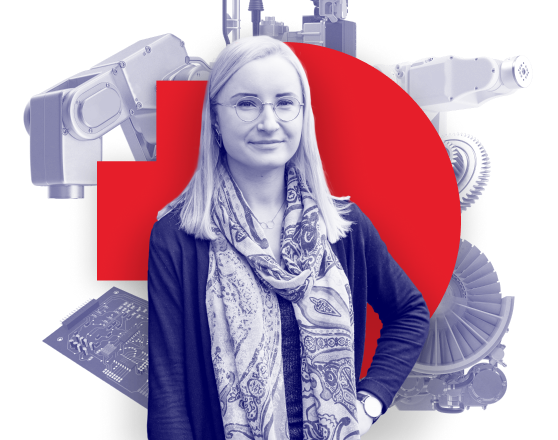Proposal
You must attach a substantive research proposal that is 2 to 5 pages in length which articulates the intent, significance and originality of the proposed topic using the following headings:
a) title / topic
b) research questions to be investigated in the context of existing research/literature in the area
c) significance and impact of the research
d) methodology / research tasks required to undertake the research
e) particular needs (e.g. resources, facilities, fieldwork or equipment that are necessary for your proposed research program, if applicable)
Supervisor
Your application will not be considered if you have not discussed your research topic with a proposed senior and associate supervisor or joint senior supervisors. You must provide the names of the academic staff in the school you have applied to and with whom you have discussed your proposed research.
For further information on the steps you need to take to apply for a research program see How to apply – Research programs.




